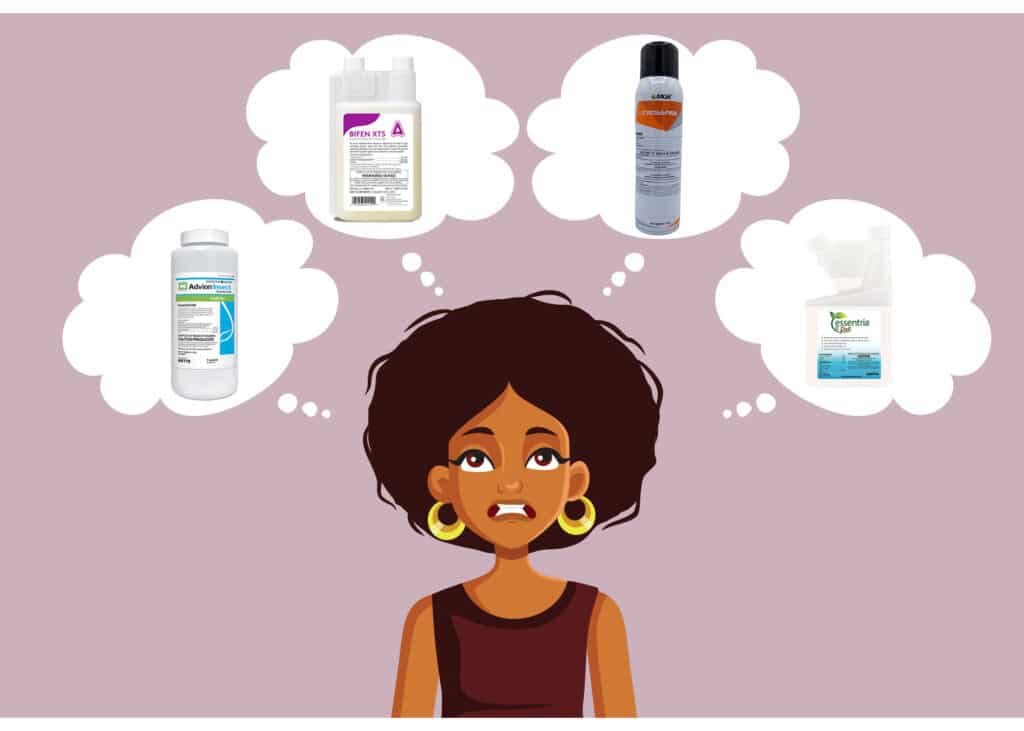
In the vast world of pest control and pesticides it could be a very overwhelming task to figure out what is the best pesticide to buy for your particular situation. And, what if you have multiple pest that you are dealing with? What then? We at HowToPest.com are here to help you navigate through all the thousands of pest control products to find the one that suits you the best.
Identifying Your Specific Pest Problem
Why Identifying Pests Matters?
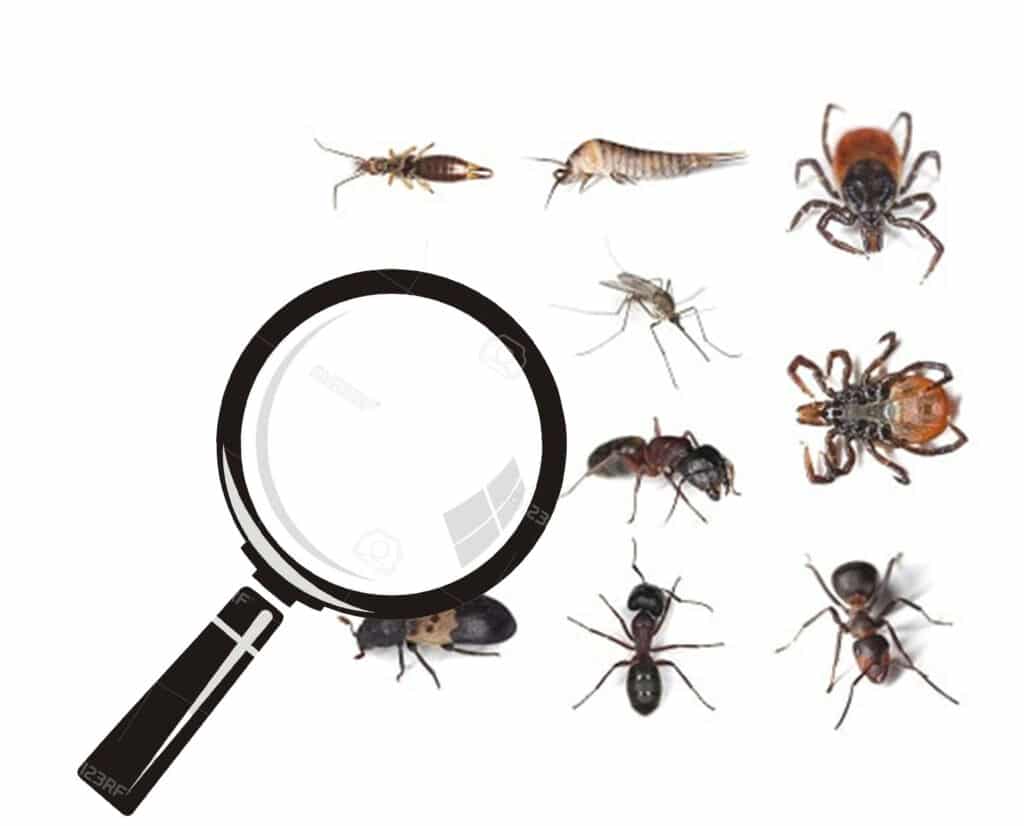
Knowledge is power, right? The most important part of a successful pest management program is knowing which pest or rodent you are dealing with.
How Can You Identify The Pest?
- Physical Appearance: Look for signs of the pests themselves, like body shape, size, and color.
- Damage Signs: Look for signs of damage in your home, such as eaten plants, gnawed furniture, or holes in walls.
- Activity Traces: Some pests leave behind distinct trails, such as termite mud tubes or rodent droppings.
Choosing the Right Pest Control Products for Insects
Choosing the right pest control products for insects or rodents involves careful consideration of the type of insect and the infestation level:
Once you have property identified the pest you will want to establish the right approach. For example:
- Cockroaches – Bait stations or gel baits are effective, they take the bait back to the colony and thus eliminating the entire nest.
- Bed bugs – Non-pyrethroid insecticides work best.
- Ants – Ants take granular baits back to the nest and will in turn eliminate the entire colony
- Rodents – Baits can eliminate a large population but may take bit longer than placing traps.
Baits
Using insecticide baits are a great option when trying to get rid of ants or cockroaches. Baits are highly effective at eliminating the entire colony. The ant or cockroach will take the bait back to the nest and share with the colony. Note, when using baits, you don’t want to expect a quick knockdown kill. It may take about 1-3 days to see an effect.
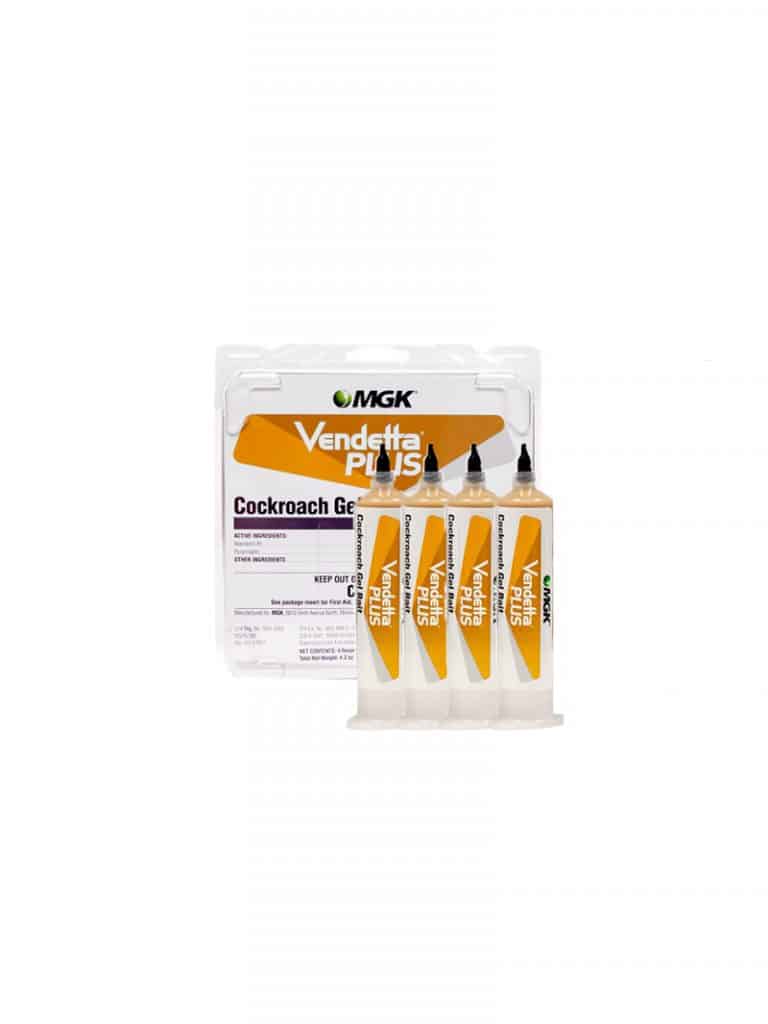
Insecticides
Insecticide concentrates will work for almost any insect that you may have. Most pesticide concentrates are labeled for several common pests. So, these make a great choice for just about any pest infestation. Note, with insecticide concentrates, you will need to follow the label carefully to make sure that you are mixing the correct amount for the pest you are spraying for.
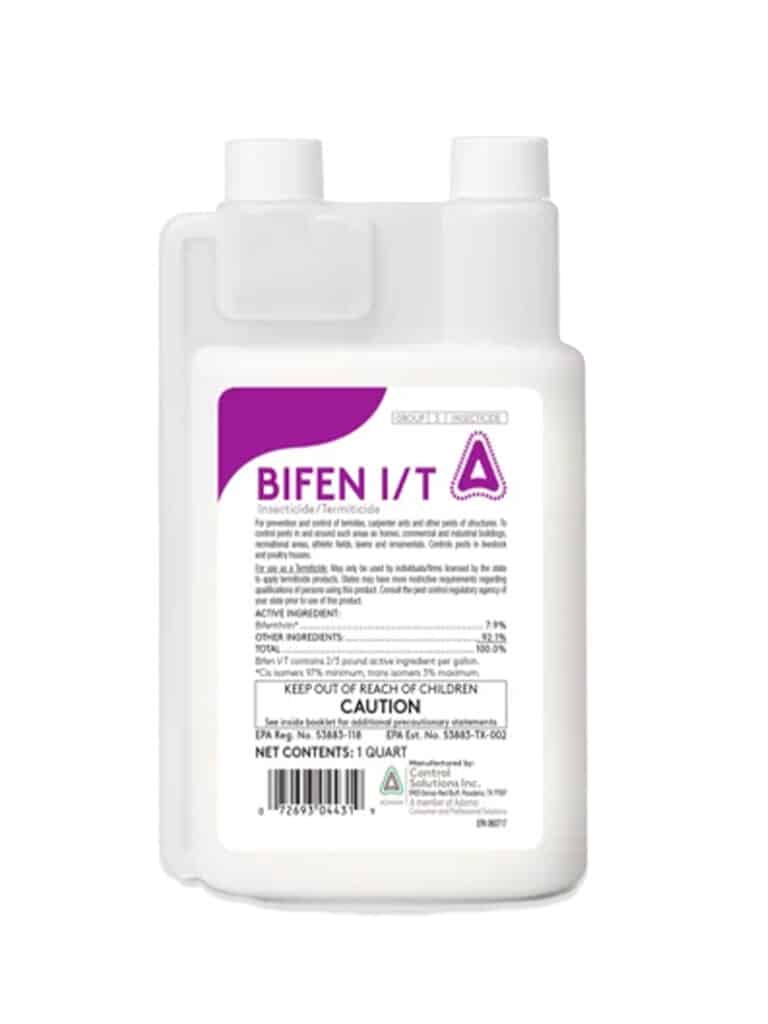
IGR’s
IGR’s or Insect Growth Regulators are like birth control for cockroaches, fleas, ticks and bed bugs and other pests. An IGR will disrupt the normal development of the juvenile pest, not allowing them to mature into breeding adults. IGR’s make a great companion to your insecticide concentrates and baits. Note, for best results use an IGR in conjunction with an adulticide/insecticide concentrate or bait.
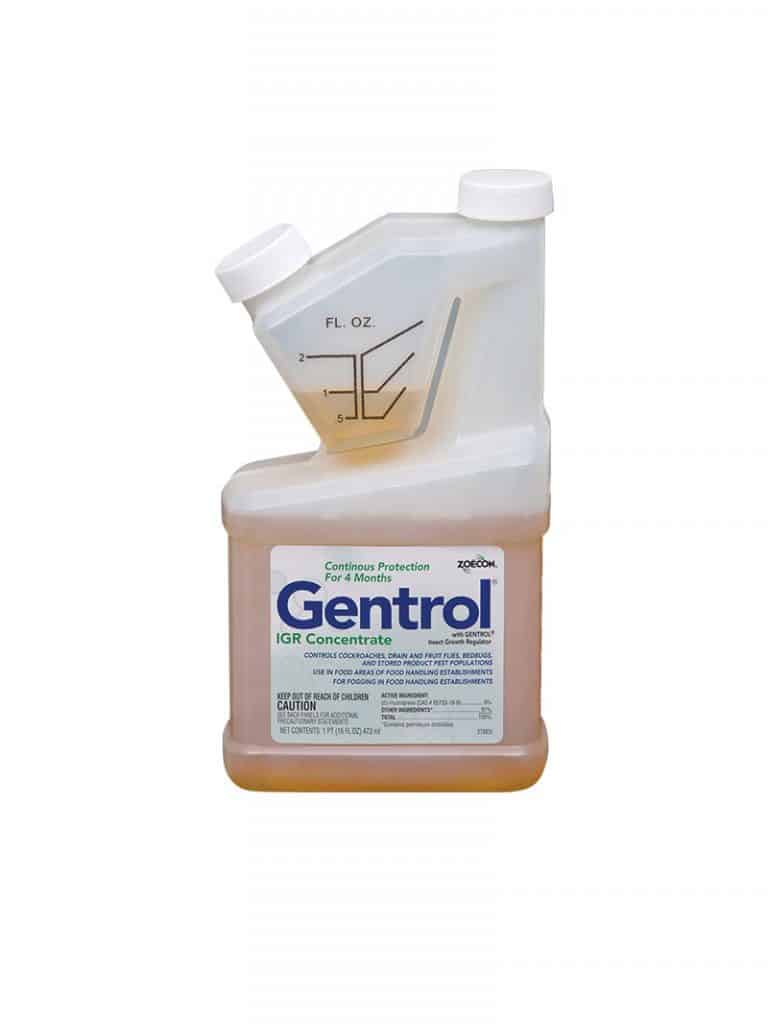
Assess the Infestation Level
Next, consider how widespread and severe the infestation is. This impacts the type and amount of pest control product needed. A larger infestation may mean a stronger product is required.
Note: It is always best to start with the minimum amount of pesticide labeled and then work your way up from there if need be.
Are Hardware Store Pest Control Products Good To Use?
Depending on your particular pest infestation, the hardware store product may work just fine for you. Most of these pesticides do have a lower percentage of active ingredients, so if you are looking for a general pesticide to repel the occasional pest then that can be a good option for you.
Common Mistakes to Avoid When Choosing Pest Control Products
Choosing the right pest control products can be a daunting task. It’s easy to make mistakes if you’re not familiar with what to watch out for. Here are some common pitfalls to avoid:
- Choosing the cheapest option: While it may be tempting to save money initially, cheaper products often result in less effective control, leading to further infestations and costlier problems down the line.
- Ignoring safety precautions: Pest control products can be harmful if not used safely. Always read and follow the manufacturer’s safety instructions.
- Not considering your specific pest: Different pests require different treatments. Identifying your pest correctly can make the difference between effective control and wasted time and resources.
- Overuse: Using more of a product does not necessarily mean better results. Overuse can lead to a buildup of chemicals in your environment and may cause harm to non-target organisms.
- Ignoring prevention: The best pest control is prevention. Regular home maintenance and cleanliness can help stop infestations before they start.
Storing and Handling Pest Control Products Safely
When dealing with pest control products, it’s crucial to handle and store them properly to ensure safety at home. Here’s a guide on how to do it.
Handling Pest Control Products
- Always Read the Label: Before applying any product, always ensure that you’ve completely read and understood the directions on the label.
- Use Necessary Protective Equipment: Depending on the pest control product, it may be necessary to use gloves, a mask, and even eye protection.
- Mind Your Surroundings: Be aware of where you’re applying the product, especially when kids and pets are around.
- Deliberate Application: Apply the product only as directed, avoid over-applying as it could be harmful.
Storing Pest Control Products
- Lock Them Up: Always lock up any pest control products in a secure place out of the reach of children and pets.
- Original Containers: Remain the products in their original containers with labels intact.
- Avoid Extreme Temperatures: Store pest control products in a cool, dry place and not in extreme heat or freezing temperatures.
- Separate From Food: Ensure these products are stored separately, far away from where you keep your food.
Note: pesticides are designed to be toxic. Make sure to always exercise caution when handling and storing these products to prevent any unnecessary risks.
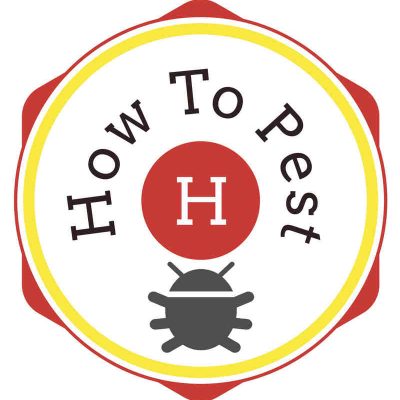

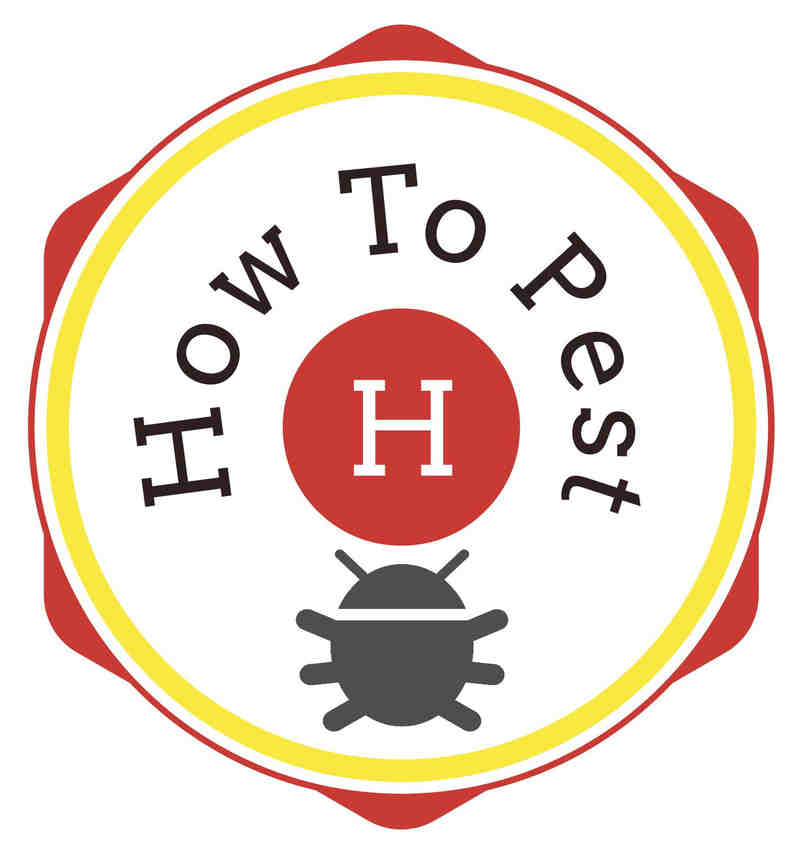

One Response